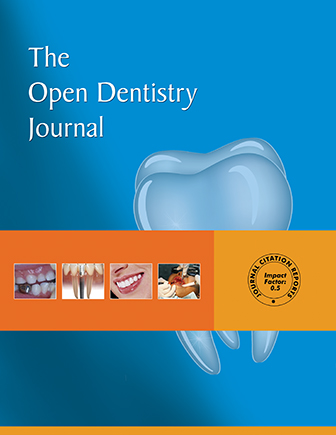Inhibitory Effect of Alpha-Mangostin on Adhesion of Candida albicans to Denture Acrylic
Abstract
Objective: Candida-associated denture stomatitis is a very common disease affecting denture wearers. It is characterized by the presence of yeast biofilm on the denture, primarily associated with C. albicans. The investigation of agents that can reduce C. albicans adhesion may represent a significant advancement in the prevention and treatment of this disease. This study aims to investigate the effect of alpha-mangostin on the in vitro adhesion of C. albicans to denture acrylic and germ tube formation by C. albicans and to compare its activity with clotrimazole which is a topical antifungal agent commonly used for the treatment of Candida-associated denture stomatitis. Materials and Methodology: Alpha-mangostin was extracted by thin layer chromatography. The effect of alpha-mangostin on adhesion of C. albicans to denture acrylic was determined by using a colorimetric tetrazolium assay and germ tube formation by C. albicans was determined by using the counting chamber. Results: A significant reduction of C. albicans adhesion to denture acrylic was evident after exposure to 2,000 µg/ml of alpha-mangostin for only 15 min. In addition, the 2,000 µg/ml of the alpha-mangostin-treated C. albicans had a reduced ability for germ tube formation. These inhibitory effects of alpha-mangostin were as effective as clotrimazole. Conclusion: Alpha-mangostin has antifungal property against C. albicans by inhibiting the adhesion to denture acrylic and germ tube formation in vitro. These results suggest the potential application of alpha-mangostin as a topical medication or a natural oral hygiene product for treatment of Candida-associated denture stomatitis.


